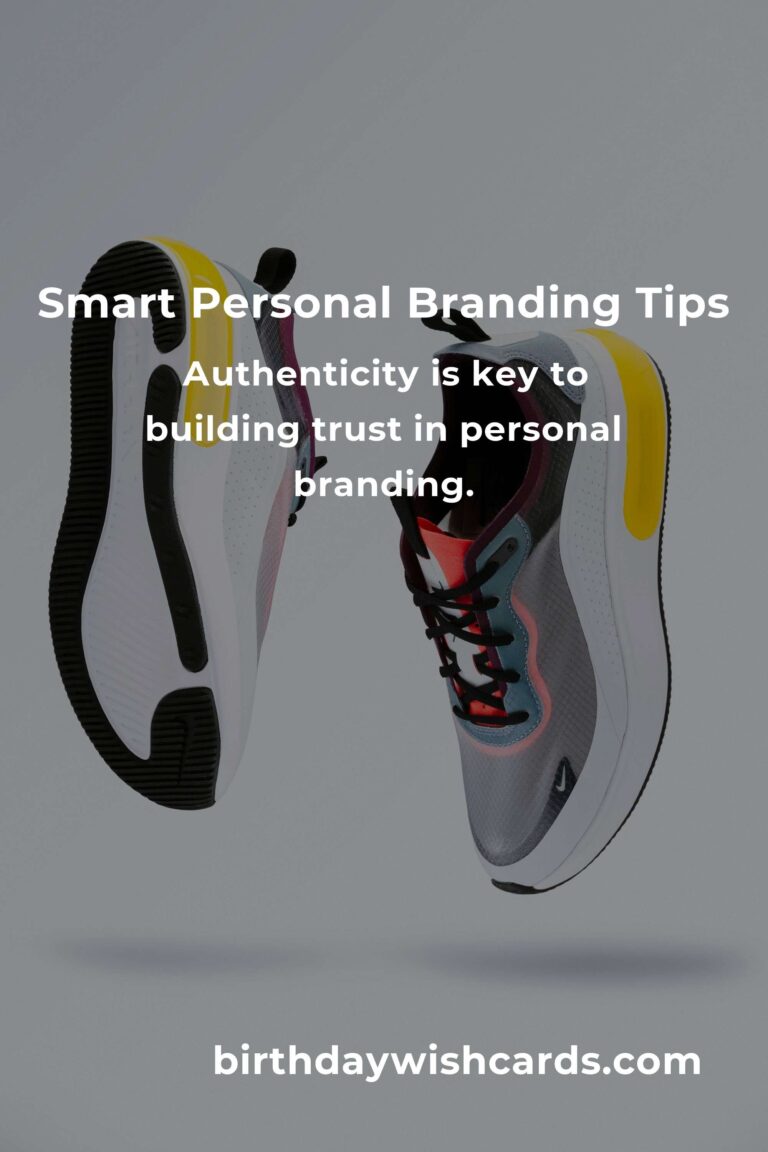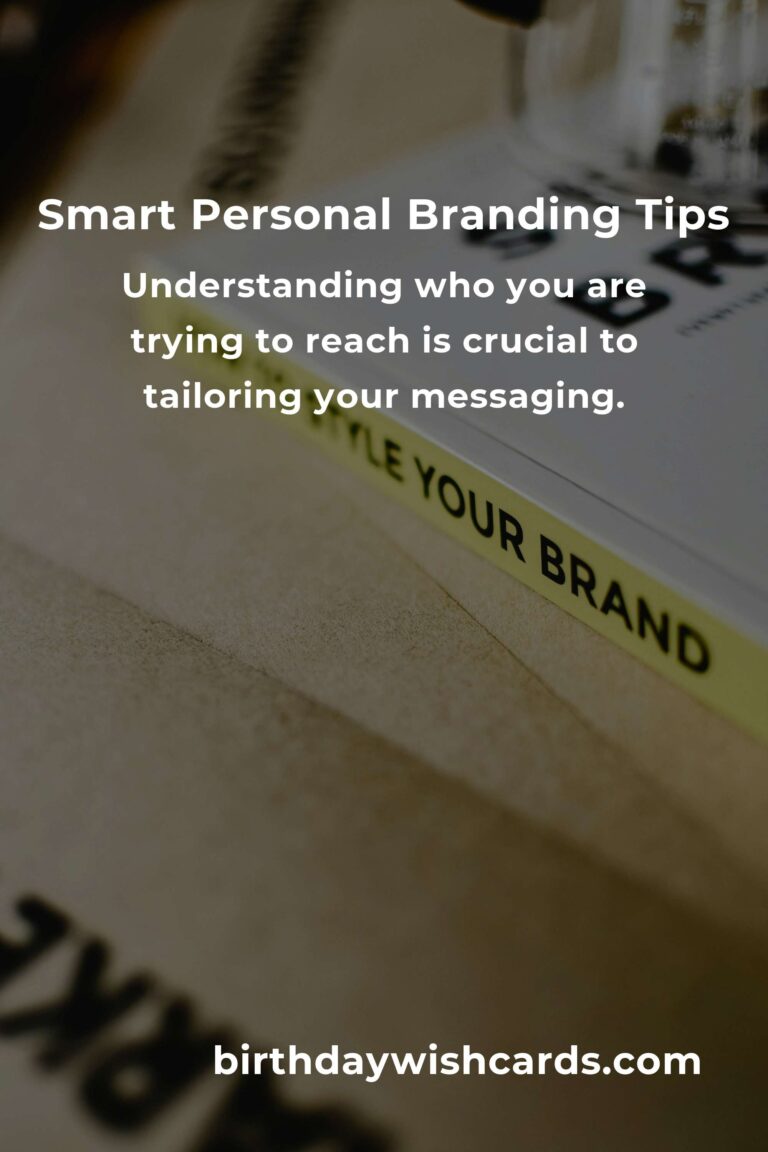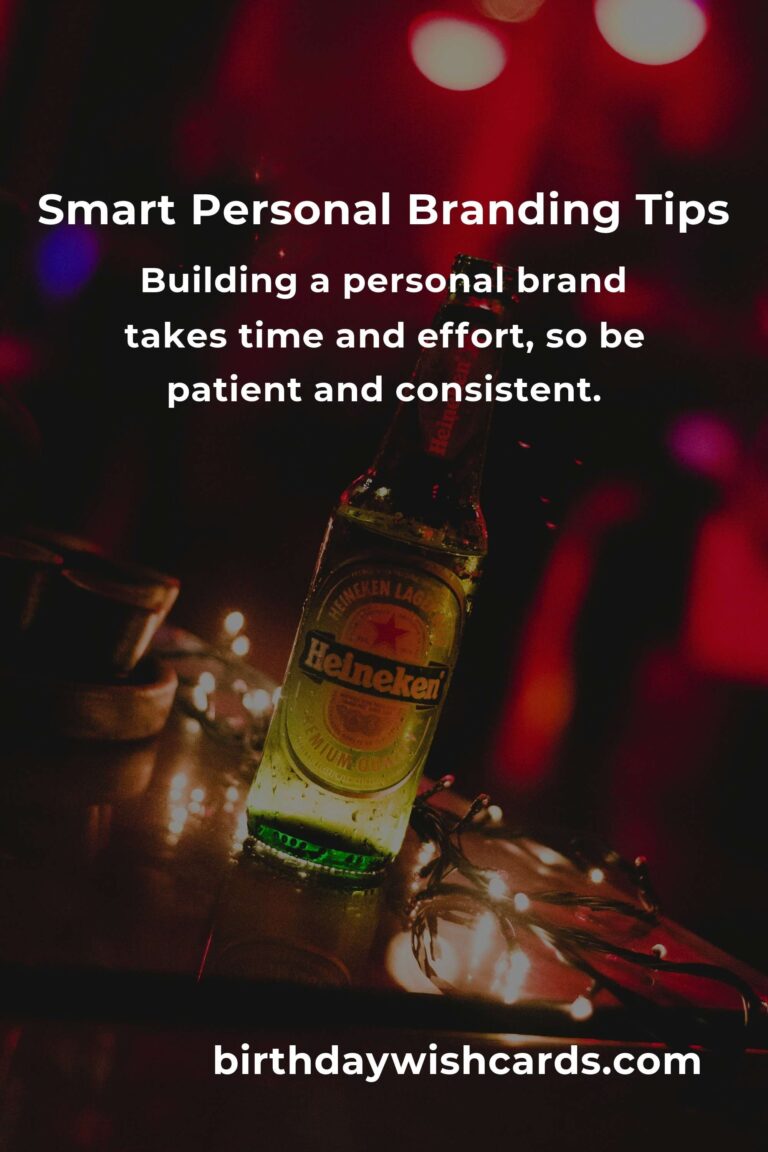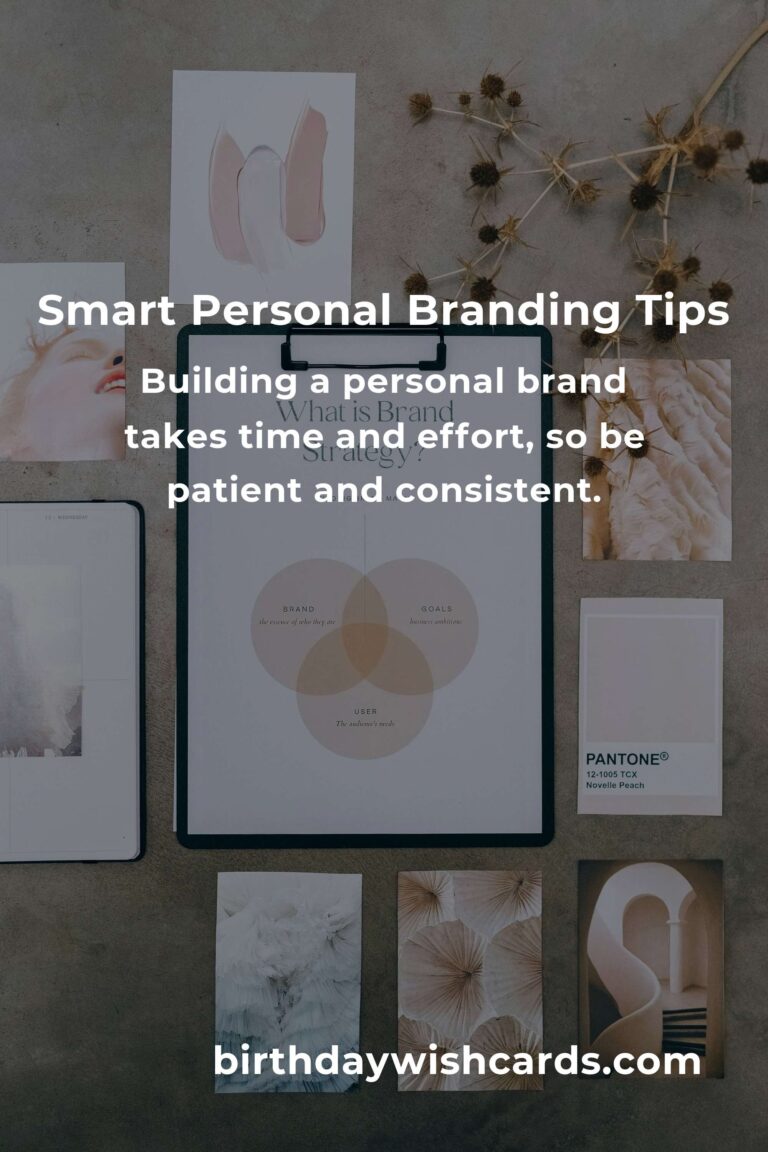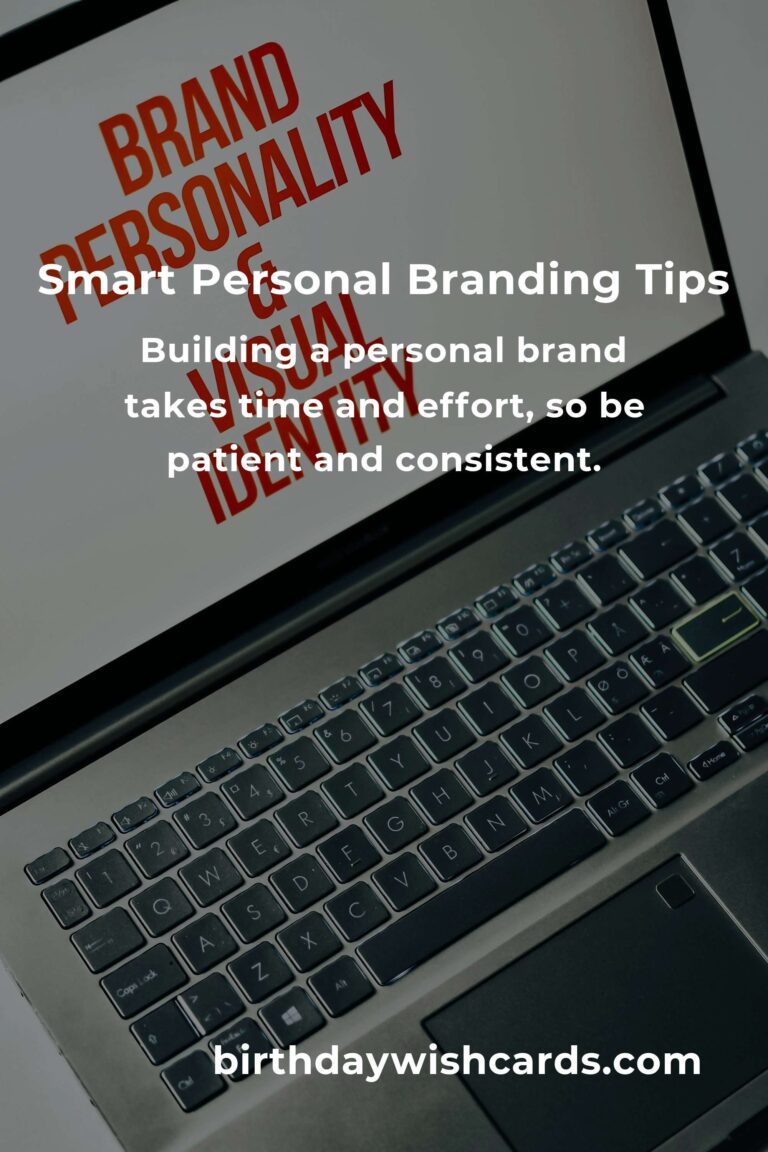
In today’s highly competitive world, having a strong personal brand is essential for both personal and professional success. Your personal brand is how you promote yourself and your unique skills, experiences, and personality. It involves telling your story and how it reflects your conduct, behavior, spoken and unspoken words, and attitudes.
1. Define Your Brand
Start by identifying what you want to be known for. Consider your strengths, passions, and values, and how they align with your personal and professional goals.
2. Know Your Audience
Understanding who you are trying to reach is crucial. Tailor your messaging to resonate with your target audience, whether they are potential employers, clients, or followers.
3. Be Authentic
Authenticity is key to building trust. Be genuine in your interactions and content, and stay true to your values and beliefs.
4. Create a Professional Online Presence
Ensure that your online profiles on LinkedIn, Twitter, and other platforms are professional and consistent with your brand. Use high-quality photos and articulate your experience and skills clearly.
5. Develop a Personal Website
A personal website serves as a hub for your brand. Include a blog, portfolio, or resume to showcase your work and achievements.
6. Network Effectively
Join professional groups and attend networking events to connect with like-minded individuals. Building relationships can open doors to new opportunities.
7. Leverage Social Media
Use social media strategically to engage with your audience, share valuable content, and position yourself as a thought leader in your field.
8. Be Consistent
Consistency in your messaging, tone, and visuals strengthens your brand identity. Ensure that all your communications reflect your brand values.
9. Tell Your Story
Share your journey, experiences, and lessons learned. Storytelling is a powerful tool to connect with your audience on a personal level.
10. Seek Feedback
Ask for feedback from peers, mentors, and your audience. Use it to improve and refine your brand.
11. Stay Informed
Keep up with industry trends and developments to ensure your brand remains relevant and informed.
12. Be a Thought Leader
Share insights and opinions on topics related to your field. This establishes you as an authority and enhances your credibility.
13. Create Valuable Content
Blog posts, videos, podcasts, and other forms of content that provide value to your audience can significantly boost your brand.
14. Collaborate with Others
Partner with other brands or individuals to reach a wider audience and gain credibility through association.
15. Be Visible
Participate in public speaking events, webinars, and panels to increase your visibility and showcase your expertise.
16. Manage Your Reputation
Monitor what is being said about you online and address any negative feedback promptly and professionally.
17. Keep Evolving
Your personal brand should evolve as you grow. Regularly reassess and update your brand to reflect your current goals and achievements.
18. Practice Good Communication Skills
Effective communication is vital. Whether it’s written or verbal, ensure your communication is clear, concise, and engaging.
19. Be Patient
Building a personal brand takes time and effort. Be patient and consistent in your efforts.
20. Embrace Your Uniqueness
Identify what sets you apart from others and highlight these unique attributes in your branding efforts.
21. Engage with Your Audience
Respond to comments, participate in discussions, and show appreciation to your audience. Engagement fosters community and loyalty.
22. Stay Passionate
Passion is contagious. Being enthusiastic about your work and brand can inspire others and attract them to your mission.
23. Reflect and Adjust
Regularly reflect on your branding efforts and make necessary adjustments to stay aligned with your goals.
By implementing these 23 tips, you can develop a smart and effective personal brand that resonates with your audience and enhances your professional reputation.
In today’s highly competitive world, having a strong personal brand is essential for both personal and professional success. Define your brand by identifying what you want to be known for. Understanding who you are trying to reach is crucial to tailoring your messaging. Authenticity is key to building trust in personal branding. Use social media strategically to engage with your audience and position yourself as a thought leader. Consistency in your messaging, tone, and visuals strengthens your brand identity. Building a personal brand takes time and effort, so be patient and consistent.
#PersonalBranding #BrandIdentity #Networking #SocialMedia #ProfessionalGrowth


